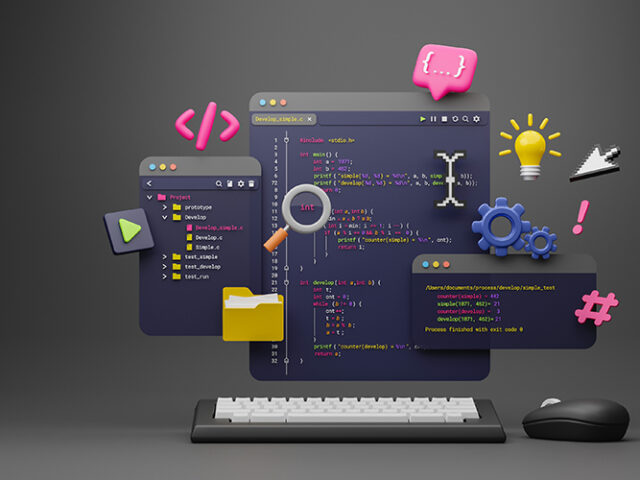Student Circuit looks some popular AI courses that are highly regarded by students and professionals alike.
An AI course is an educational programme or series of lessons designed to teach students about artificial intelligence. AI courses cover a range of topics related to the theory, algorithms, and practical applications of AI technologies. These courses are typically offered by universities, online platforms, and educational institutions.
The content of an AI course may vary depending on the level of the course (introductory, intermediate, or advanced) and the specific focus of the curriculum. However, most AI courses aim to provide students with a solid foundation in the following areas:
Fundamentals of AI: Introducing the basic concepts, history, and evolution of AI, including its different subfields.
Machine Learning: Covering various machine learning algorithms, supervised and unsupervised learning, and model evaluation.
Deep Learning: Focusing on neural networks, deep learning architectures, and training techniques for complex tasks.
Natural Language Processing (NLP): Exploring techniques for understanding and processing human language using computers.
Computer Vision: Discussing algorithms and applications related to visual perception and image/video analysis.
Reinforcement Learning: Understanding the principles of learning through interactions and rewards, used in decision-making systems.
AI Ethics and Responsible AI: Addressing ethical considerations and responsible practices in AI development and deployment.
AI Tools and Frameworks: Introducing popular AI tools, libraries, and frameworks like TensorFlow, PyTorch, and scikit-learn.
AI courses may have different formats, including traditional in-person lectures, online video lectures, interactive workshops, assignments, quizzes, and projects. Some courses might be part of a broader specialisation or degree programme in fields like computer science, data science, or engineering.
AI courses are valuable for students who want to pursue careers in AI research, data science, machine learning engineering, robotics, and other related fields. These courses equip students with the knowledge and skills necessary to design, develop, and implement AI solutions to solve real-world problems.
Here are Student Circuit’s top 10 courses:
- Machine Learning by Andrew Ng on Coursera: A foundational course covering key machine learning algorithms and techniques.
- Deep Learning Specialisation by Andrew Ng on Coursera: A series of courses focusing on deep learning concepts and applications.
- CS231n: Convolutional Neural Networks for Visual Recognition by Stanford University: A comprehensive course on convolutional neural networks for computer vision.
- Natural Language Processing Specialisation by deeplearning.ai on Coursera: Led by experts, this specialisation focuses on NLP and its use in various applications.
- Reinforcement Learning by David Silver on YouTube: An in-depth introduction to reinforcement learning concepts and algorithms.
- AI Deep Learning Course by fast.ai: A practical and hands-on approach to deep learning.
- Introduction to Artificial Intelligence with Python by MIT on edX: An introductory course to AI concepts and programming with Python.
- Applied AI with Deep Learning by IBM on Coursera: A practical understanding of AI applications in various domains.
- Introduction to Deep Learning with PyTorch by DeepLearning.AI on Coursera: An introduction to deep learning using the popular PyTorch framework.
- TensorFlow Developer Professional Certificate on Coursera: A comprehensive programme to learn TensorFlow and develop AI applications.
Please note that new courses might have emerged since then, and the popularity of courses can change over time. Always check for the latest course reviews and updates before enrolling in any course. Additionally, consider your background, learning style, and specific interests when selecting the courses that align best with your goals.




